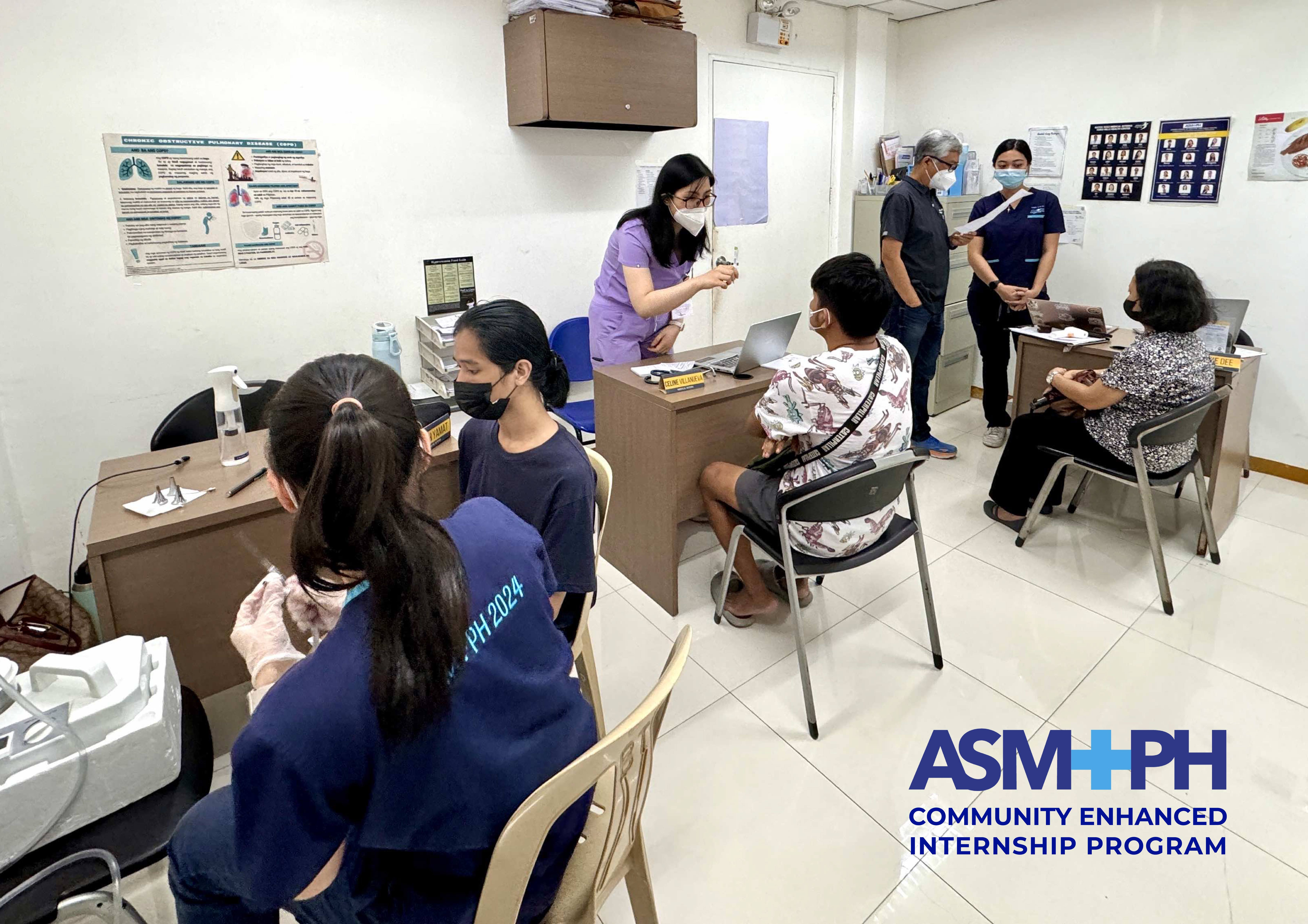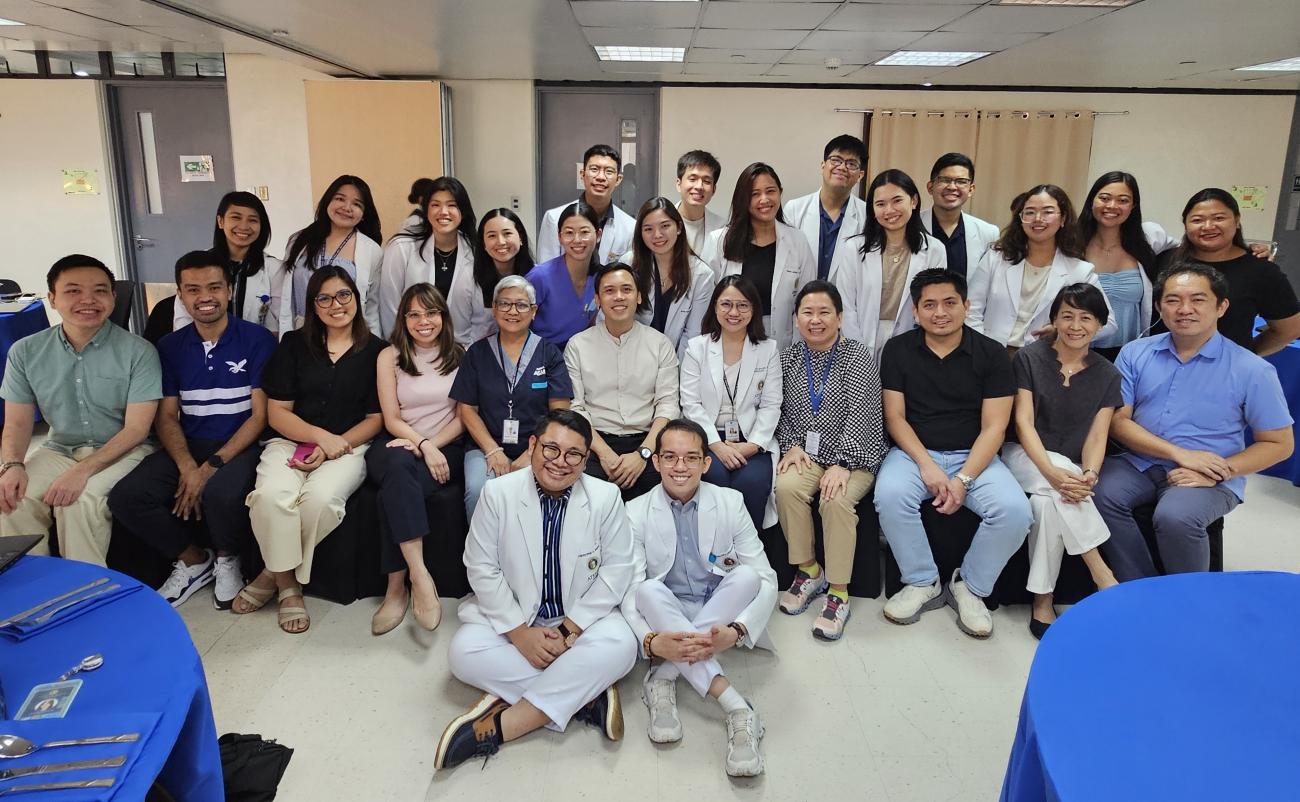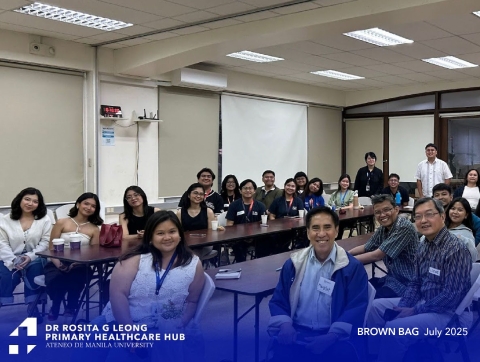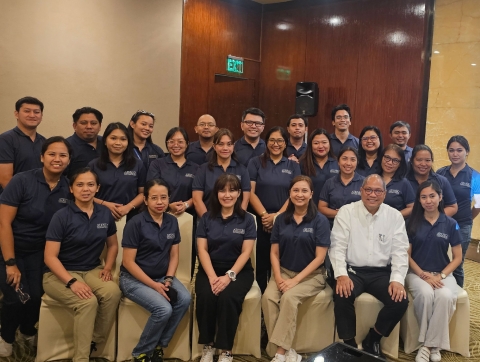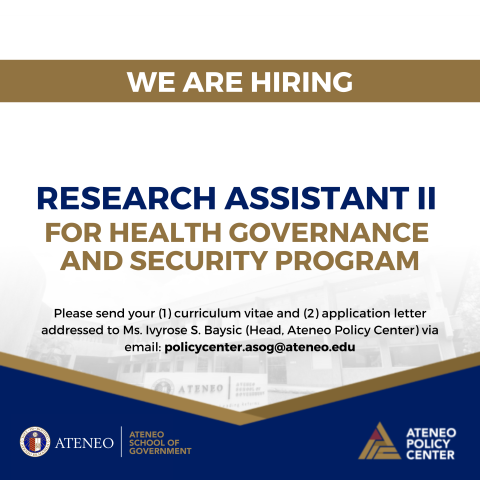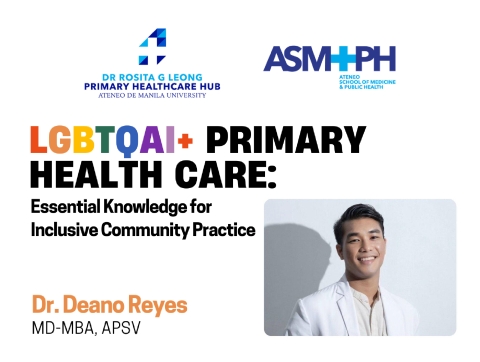ASMPH Class of 2024 salutes the Community Enhanced Internship Program (CEIP)
11 Jul 2024
The Community Enhanced Internship Program (CEIP) is a unique initiative designed to provide Year Level 9 students with the opportunity to complete their internships in partner communities, such as Toro Hills in Quezon City, Sta. Lucia in Pasig, and Calawis in Antipolo. This year marked the re-launch of CEIP post-pandemic, with 24 students from Batch 2024 spending half of their internship year in the community setting. This is the 5th cohort of the program, which began in 2018.
The CEIP is an integration of clinical medicine, management principles and public health competencies. It aims to equip interns with practical skills necessary for managing health problems and concerns at the community level. Throughout the program, interns first provide contact care at the health center and then promote primary health care. They engage both the community and health center staff in participatory planning, implementation, feedback, and review. They carry out health promotion initiatives and inter-sectoral projects. As an application of their MBA degree, they assist the Municipal Health Officer (MHO) in improving the operations of the health center, particularly the on-site multi-specialty clinics, through resource mapping, budget management, marketing and promotion, and improvement of the information systems such as Electronic Medical Records (EMR).
In the recently conducted CEIP Year-End Review, the interns shared the wealth of experience gained in the CEIP. One case involved a patient who was seen at Toro Hills and subsequently referred to the Department of Surgery Divine Mercy Charity Clinic in The Medical City for a surgical procedure. Dr Lims Abrogena remarked that this scenario exemplified the ideal outcome envisioned for a health system: seamless referral from primary to tertiary care provision, and subsequent reintegration into community health management post-operation.
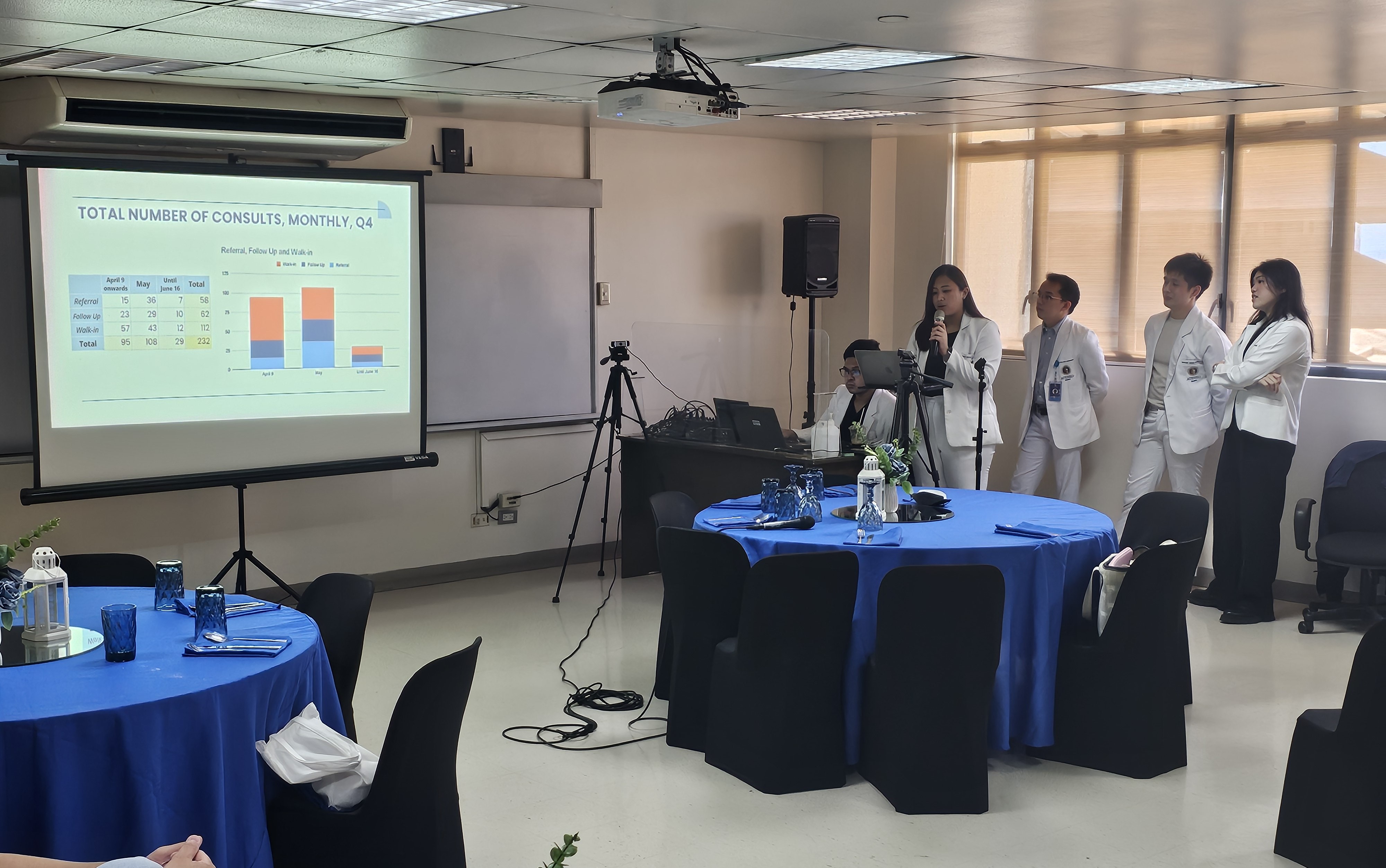
Despite having some operational challenges, the CEIP significantly impacted the students' professional development. Students reported increased confidence in managing patients in resource-limited settings, effectively handling biopsychosocial health issues at the primary care level and exercising preventive medicine. They also developed strong interpersonal skills, promoting compassion and empathy, and gained a deeper understanding of the local and national healthcare systems. They highlighted the program's role in providing physical and experiential learning through patient encounters, didactics, exams, and discussions with fellow interns.
In their feedback, interns offered constructive suggestions for the program's improvement. They recommended more feedback and avenues for mentoring, earlier settlement of financial and logistical arrangements, and better scheduling of community and hospital rotations. They also suggested exploring gaps in operations for general clinic consultations and ensuring a more accessible budget. Several students expressed hope that the program could be expanded to include more of their batchmates, given the significant impact of the training.
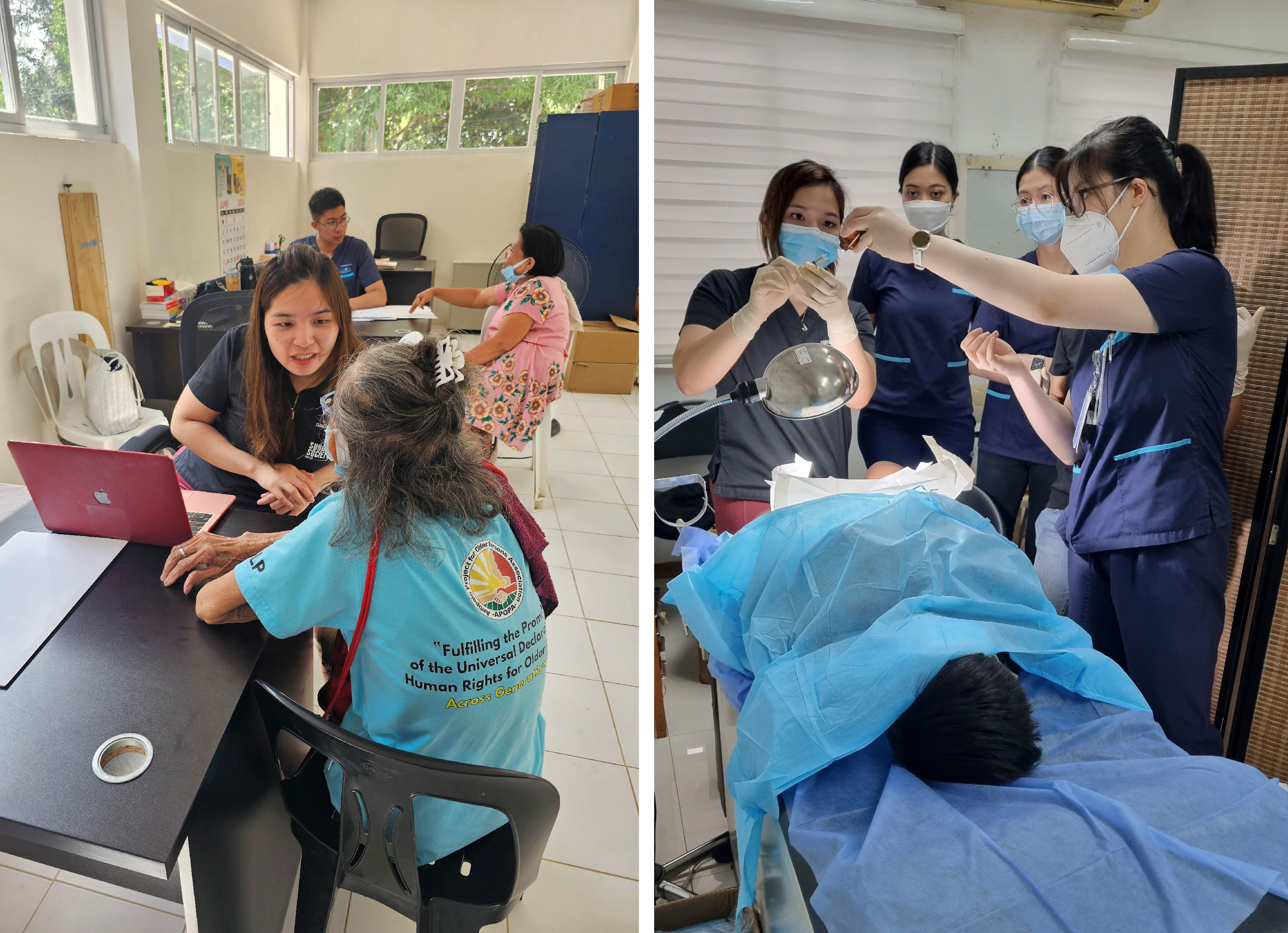
During the Year-End Review, faculty members had the opportunity to impart final words of wisdom to the students before they begin to prepare for the Philippine Licensure Examination scheduled in October. They encouraged students to cherish their CEIP experiences, emphasizing that these first-hand experiences could be invaluable during their exams. They also reminded students that they might not be able to have such meaningful patient encounters once they become busy with review, the Boards, residency and eventually their chosen practice.
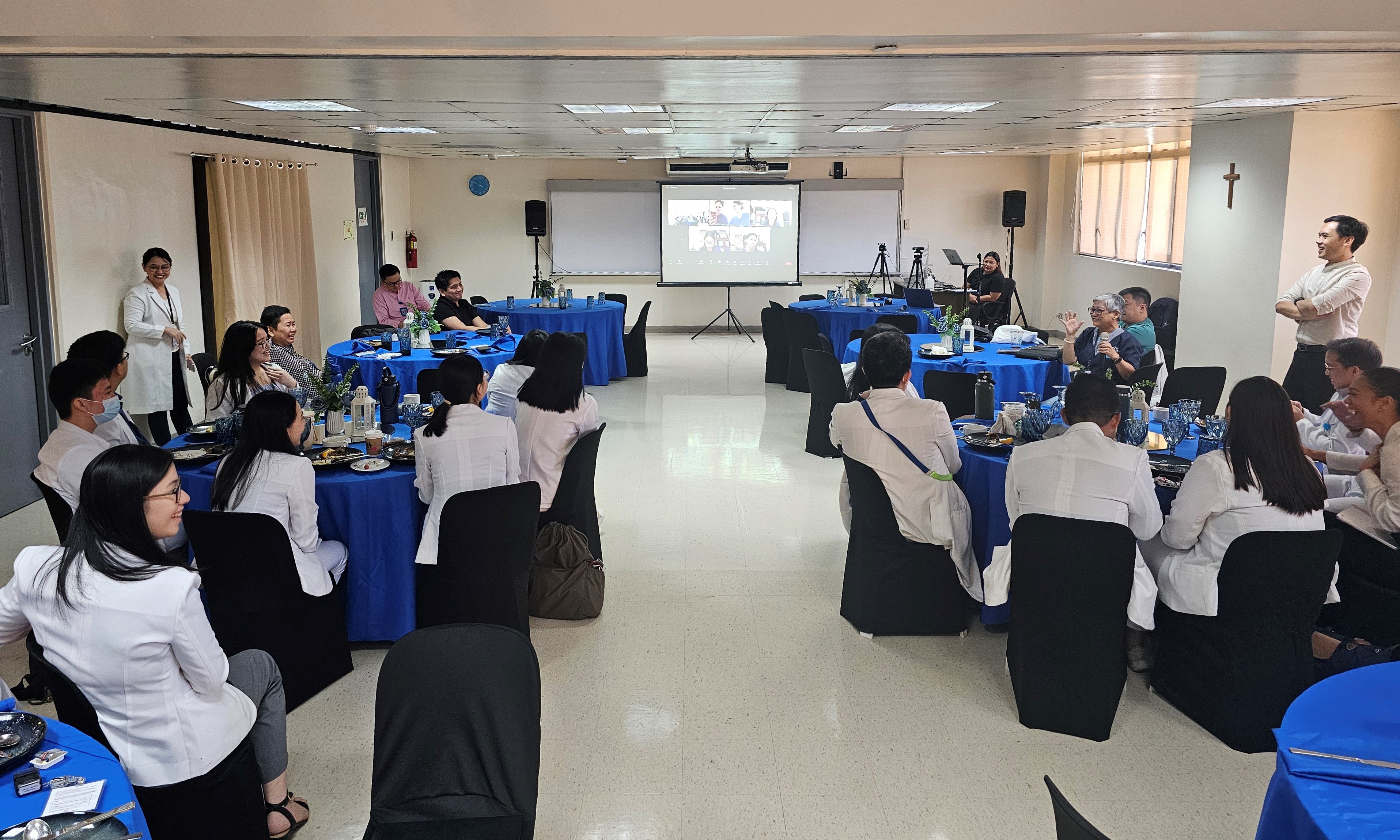
The interns expressed their gratitude for the unique CEIP experience. One student remarked, "The doctor I am today and the doctor that I will be in the future, I owe to the learnings that I have gotten from the program and this institution." Interns look back at their experiences in the community and acknowledge that it had prepared them well for general practice, shaping them into the physicians they aspire to be, aligned with the goals and principles of ASMPH.
